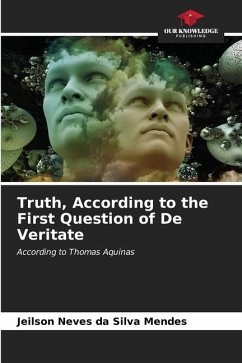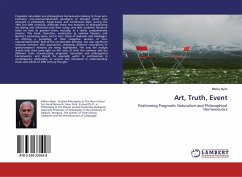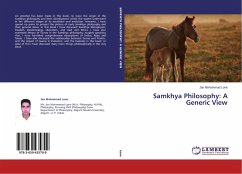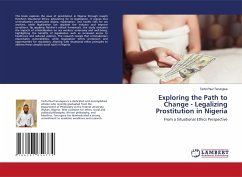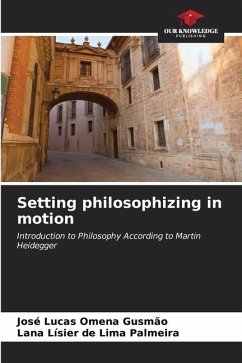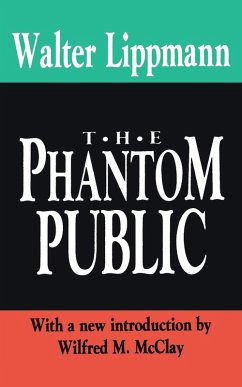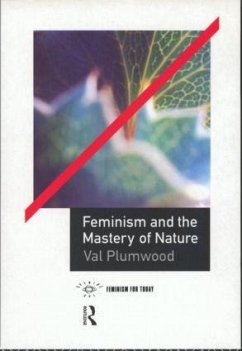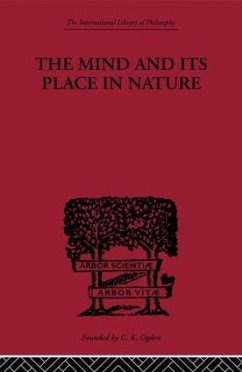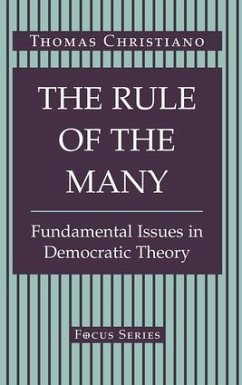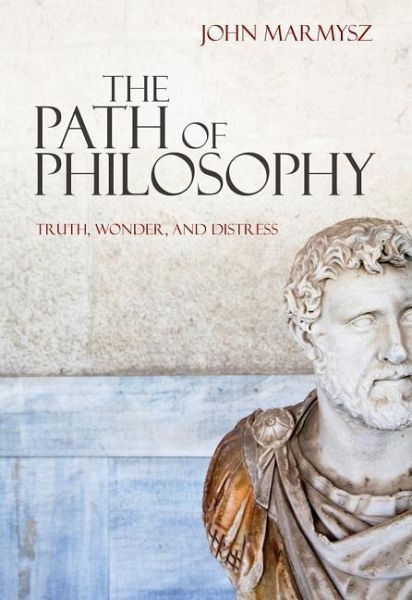
The Path of Philosophy: Truth, Wonder, and Distress
Versandkostenfrei!
Nicht lieferbar
The Path of Philosophy introduces you to the study of philosophy through a compelling narrative in which the world's most important philosophers appear as characters. The text traces the history of western philosophy from its beginnings in ancient Greece to contemporary developments in the modern world. Threads running through the text demonstrate how philosophy is unique and distinct from religion and science, while at the same time showing how all three disciplines are interrelated. Exceptionally well written, and unusual in its cohesiveness, the text leaves you with a vivid picture of philo...
The Path of Philosophy introduces you to the study of philosophy through a compelling narrative in which the world's most important philosophers appear as characters. The text traces the history of western philosophy from its beginnings in ancient Greece to contemporary developments in the modern world. Threads running through the text demonstrate how philosophy is unique and distinct from religion and science, while at the same time showing how all three disciplines are interrelated. Exceptionally well written, and unusual in its cohesiveness, the text leaves you with a vivid picture of philosophy as a unique and spiritually important field of study.





